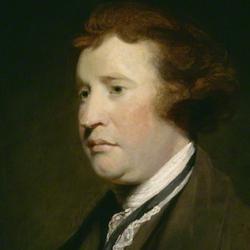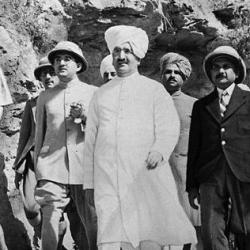Responding to Eugene McCarraher, John Milbank gives a brief overview of the complex interactions of European imperial powers, the church, and the colonized.
Contrary to some popular opinion, “Missionaries were often opponents of military, economic and settler empire as has now been abundantly shown by historians. In a parallel fashion, traders (like the British East India Company) were often annoyed by attempts at religious conversion; free-traders were often opposed to political and settler empire, while wanting a more effective economic one; and frequently the . . . reluctant makers of political empire were anxious to protect native populations against settler predation – partly in the interests of trade, but also in response to public humanitarian cries of outrage which date right back to the 1830s – for example in Britain concerning the fate of the Australian aborigines, as woefully and disastrously impotent as this was later to prove.”
In short, “there was no single ‘white, Christian, racist, capitalist’ imperial project in the way often spoken of within religious studies departments, with insufficient attention to the work of real historians. Instead, there were often entirely contradictory aims and sometimes clashing exigencies – that could not have been avoided unless one fantastically imagines that all “encounter” between Europeans and other peoples should have been avoided. In what ensued there was much wickedness and more collectively culpable blindness, but also perhaps just as much sheer tragedy.”
The British empire failed to “mutate,” as some hoped, “into a real collaborative and shared ‘commonwealth.’” Partly for racist reasons, partly out of “culturally realist” assessments, the British failed “to inaugurate the development of the ‘non-white; colonies towards the independent dominion status of the ‘white’ nations.” Had such a project been put into action, it would have involved training in “the habit of representative government.” As it happened, “war-exhausted powers” handed over “colonies based to a large degree on economic extraction and exploitation to new, indigenous rulers who could then prove still more tyrannous and capitalist than the colonial powers they replaced.” They had a freer hand for abuse in part because the restraining influence of European powers had been removed.
The world wars prevented a more orderly devolution of power: “the huge losses entailed in global mass warfare scuppered any chances for an evolution of European empires into substantive collaborative maritime commonwealths.”















